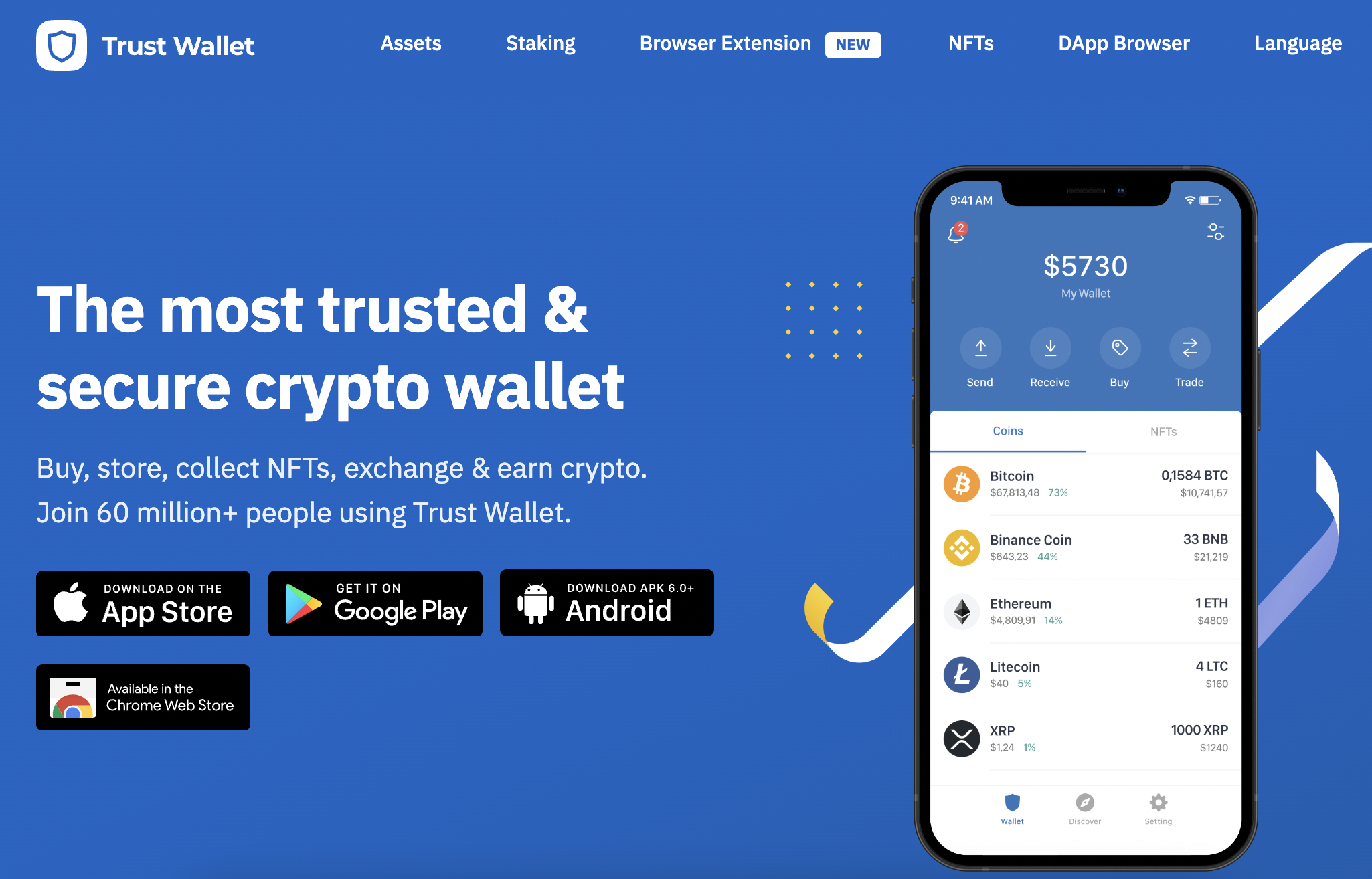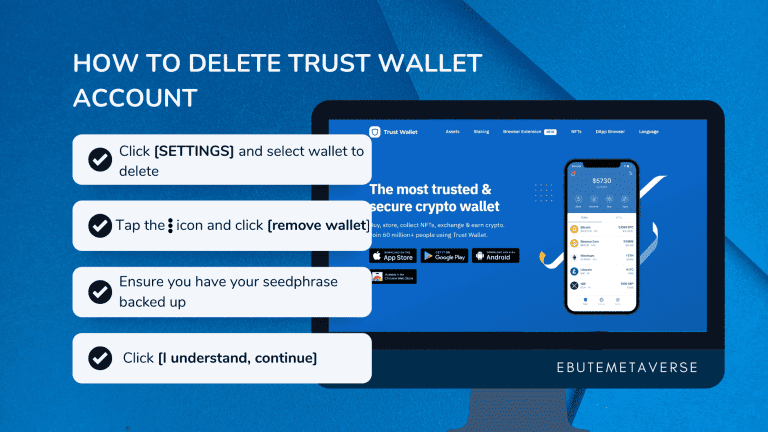Trust Wallet itself is free to download and use. The perceived high costs are due to blockchain network fees required for transactions, which vary based on network congestion and are paid to miners or validators, not Trust Wallet.

Understanding Transaction Fees
Blockchain Network Fees
- Fundamentals: Blockchain network fees are payments made to validators or miners for processing transactions. These fees are inherent to blockchain operations and vary from one network to another.
- Determination: Fees are determined by the blockchain’s protocol and can fluctuate based on factors like transaction size and network congestion.
- Trust Wallet’s Role: While Trust Wallet facilitates transactions, it does not set these fees; it only passes them through to the respective blockchain network.
Role of Gas Prices in Ethereum Transactions
- Gas Explained: In Ethereum, transactions require “gas” to execute, representing the computational effort needed to perform actions on the network.
- Price Variability: Gas prices are measured in gwei and can fluctuate dramatically based on network activity. Users can often choose how much they’re willing to pay in gas fees, affecting transaction speed.
- Influence on Costs: Higher gas prices mean higher transaction fees. During periods of high demand, such as popular DApp usage or network upgrades, gas prices can spike, increasing costs.
Impact of Network Demand on Fees
- Supply and Demand: Just like any market, blockchain fees are influenced by supply (block space) and demand (number of transactions). Higher demand leads to higher fees.
- Peak Times: Fees typically rise during peak transaction times or when the network is congested with activities, such as token sales or large-scale DApp interactions.
- Strategic Transaction Timing: Users can potentially lower their transaction costs by choosing to transact during off-peak hours when the network is less congested.
Token Swapping Fees
In-Wallet Swap Service Fees
- Service Convenience: Trust Wallet offers an in-wallet token swapping feature, providing users with a convenient way to exchange tokens directly within the app. This service aggregates liquidity from various decentralized exchanges (DEXs) to ensure competitive rates.
- Included Fees: The total cost for a swap includes the network fee required to execute the transaction on the blockchain and a small service fee for using the swap feature. This service fee is for the convenience and functionality provided by Trust Wallet, facilitating the swap process.
- Transparency: Trust Wallet aims to be transparent about the fees associated with token swaps, displaying a breakdown of costs before users confirm their transactions. This allows users to make informed decisions about their swaps.
Comparison with Decentralized Exchange (DEX) Fees
- DEX Transaction Costs: When swapping tokens directly on a DEX, users pay network fees to process the transaction. Additionally, DEXs may charge their own trading fees, which vary from one platform to another.
- Comparative Analysis: Swapping tokens within Trust Wallet might offer similar or slightly higher costs than directly using a DEX, considering the convenience of swapping directly within the wallet. The slightly higher cost can be attributed to the added service fee by Trust Wallet for the aggregation of rates and liquidity.
- Convenience vs. Cost: While using Trust Wallet for token swaps might carry a small premium for the convenience it offers, it eliminates the need to navigate multiple DEX platforms and manage separate transactions, providing a streamlined experience. Users should weigh the convenience offered against any potential additional costs to decide the best swapping method for their needs.

Staking and DeFi Interactions
Network Fees for Staking Transactions
- Transaction Costs: Engaging in staking through Trust Wallet incurs network fees, similar to other blockchain transactions. These fees compensate miners or validators for processing the staking transactions.
- Blockchain Specificity: The cost of network fees for staking can vary significantly depending on the blockchain. For example, staking on Ethereum may have different costs compared to staking on Binance Smart Chain, reflecting the differing network demands and fee structures.
- Strategic Timing: To optimize for lower network fees, users may choose to initiate staking transactions during periods of lower network congestion, leveraging times when the demand for transaction processing is reduced.
Costs of Engaging with DeFi Platforms
- Interacting with DeFi: Trust Wallet’s integration with decentralized finance (DeFi) platforms enables users to participate in various DeFi activities such as lending, borrowing, and liquidity provision directly from the wallet.
- DeFi Transaction Fees: Each interaction with a DeFi platform—whether it’s supplying liquidity, staking in a yield farm, or swapping tokens on a decentralized exchange—requires a transaction on the blockchain, incurring network fees. These fees are influenced by the specific actions taken and the current state of network congestion.
- Balancing Opportunities and Costs: While DeFi platforms offer opportunities for earning interest or other rewards, the associated costs of engaging with these platforms must be considered. High network fees during peak times can significantly impact the overall profitability of DeFi activities. Users should assess the potential returns against the transaction costs to make informed decisions.
